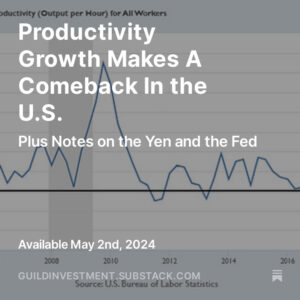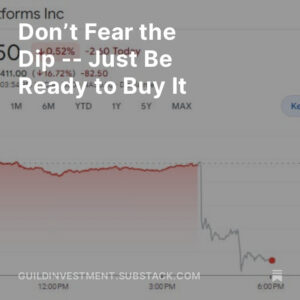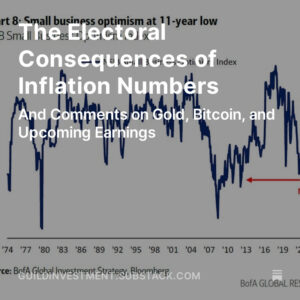Where Are the Worst EM Troubles?
Emerging-market stocks, for U.S. investors, have not been treated kindly by trade-war saber rattling during 2018 — as of this writing, down more than 17% from their late-January highs.
Source: Bloomberg Finance LLP
Until trade conflicts took center stage, though, emerging markets performed well in 2016 and 2017, buoyed during a period in which growth was picking up almost everywhere in the world. As we noted last year, emerging markets can do very well under such conditions, often outperforming developed markets in the final stages of a bull run. Although in the U.S., growth has remained strong, and has grown even stronger, it has stumbled elsewhere, and trade tensions and a strong U.S. dollar have been the coup de grace.
Dollar Strength, Debt Weakness
The strong U.S. dollar has revealed some of the excesses hidden in the balance sheets of many emerging economies whose governments and businesses have taken on too much dollar-denominated debt during the course of the present cycle. As the dollar rises, and as countries flirt with competitive devaluation of their currencies to boost exports, repaying those debts will become increasingly expensive and troublesome.
The immediate damage in emerging markets seems to be relatively confined. Here we point out a few of the more troubled. Brazil is still struggling as it approaches pivotal elections this October. Argentina is on a difficult path to recovery from decades of Peronist mismanagement. Venezuela seems to be in the last stages of collapse under an incompetent dictatorship, and South Africa and Turkey also have pressing political and economic issues affecting their currencies. Russia could join them if more severe sanctions are imposed in a few months as the result of its attempted assassination of a former spy residing in the UK. A crisis starting in some particularly weak emerging market economy could spread; this is the fear that caused markets to blink as the Turkish lira crashed a week and a half ago. Memories of the Asian financial crisis of the late 1990s suggest that such caution is warranted.
Investment implications: Trade negotiations may provide trading opportunities in some emerging markets when progress occurs. We do not anticipate substantive progress until after U.S. midterm elections, though there may be news of informal agreements and more congenial talk. The strength of the U.S. dollar remains key, not simply for U.S.-dollar based investors, but for the stability of some levered emerging-market economies and companies.








